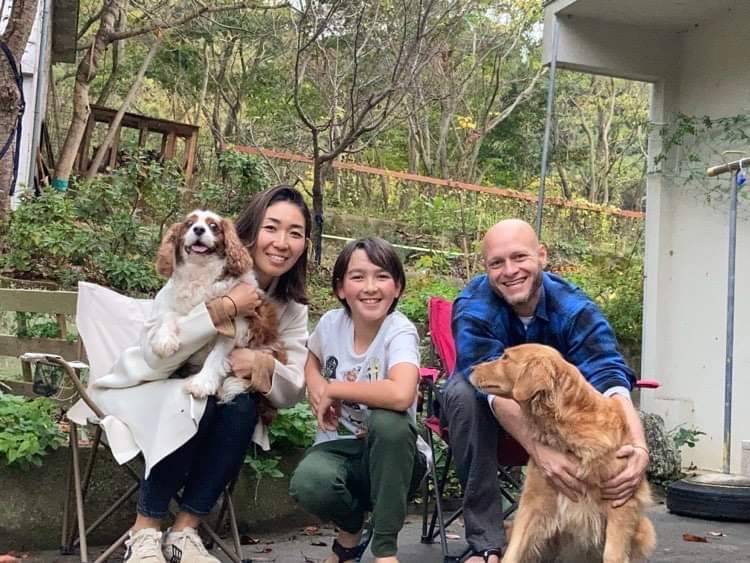It’s perhaps fitting that Simon Whalley and I chat as the news cycle is pumping out headlines on COP27, where Japan has nabbed another “fossil” award for being the world’s biggest public financier of oil, gas and coal projects.
Whalley, a 44-year-old Welshman who has been in Japan for the better part of two decades, is on his way to becoming one of the international community’s foremost voices in the climate conversation. And he’s quick to share his thoughts on the annual eco-meetup, where he says the “developed world’s leaders deliver pledges to combat climate change as the situation gets bleaker each year.”
“Nothing (at COP) is legally binding,” Whalley adds. “The social contract, as far as I can see, has been completely obliterated. (A politician’s) job is not to represent the fossil fuel and animal agriculture companies; their job is to represent us.”


















With your current subscription plan you can comment on stories. However, before writing your first comment, please create a display name in the Profile section of your subscriber account page.